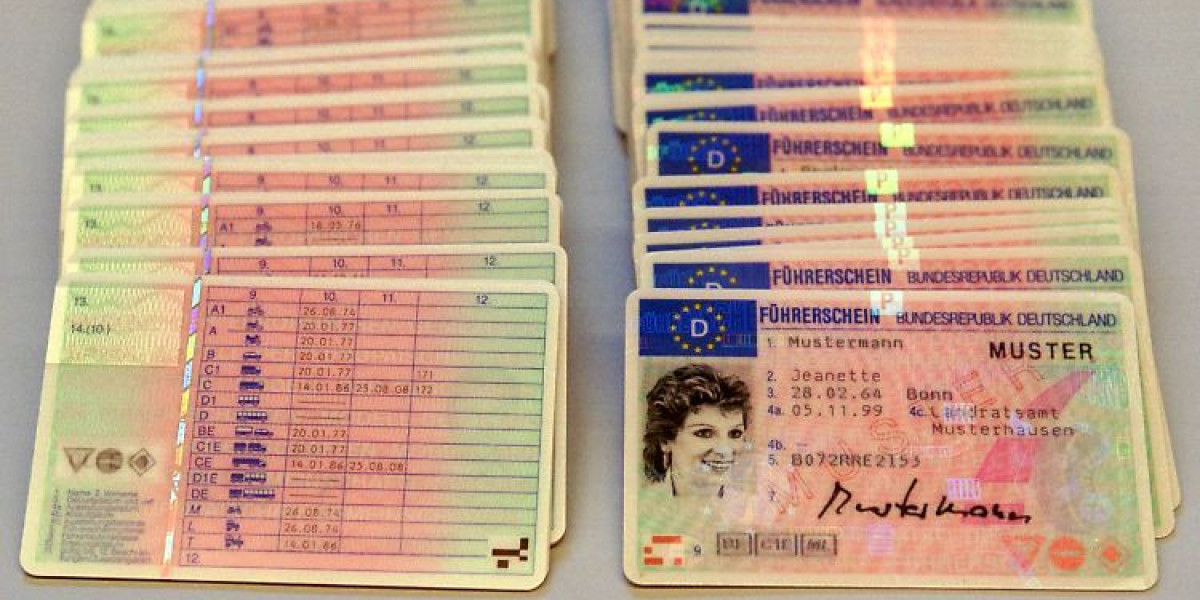Overcoming the Fear of the Practical Test: Strategies for Success
The dry run is a critical sector of different certification procedures, especially in driving, aviation, healthcare, and other technical fields. For lots of people, the anxiety related to practical tests can be incapacitating, turning an easy demonstration of abilities into a source of fear. Comprehending the roots of this fear and employing reliable strategies can considerably boost your performance and self-confidence during practical assessments.
Understanding the Fear of Practical Tests
The fear of dry runs is a diverse concern rooted in mental, emotional, and situational aspects. Below are some common reasons that add to this stress and anxiety:

1. Fear of Judgment
- Numerous individuals fret about the opinions of examiners or peers. This worry of negative assessment can result in self-doubt.
2. Worry of Failure
- The stakes can feel high for practical tests, frequently impacting career chances, licenses, or accreditations. The idea of stopping working can be overwhelming.
3. Lack of Preparation
- Inadequate practice or preparation can worsen feelings of stress and anxiety, creating a self-perpetuating cycle of insecurity.
4. High Expectations
- The desire to carry out perfectly can increase stress, leading individuals to focus on making errors rather than focusing on their strengths and abilities.
Strategies to Manage Fear Before Your Practical Test
There are a number of methods that individuals can embrace to reduce their worries and improve their possibilities of success on the practical test.
Preparation and Practice
- Start Early: Allocate an enough amount of time to prepare for the dry run. Create a study and practice schedule that gradually develops your abilities.
- Hands-On Experience: Seek opportunities for real-life practice. This could include mock tests, simulations, or monitored practice with skilled counterparts.
Mind Management
- Visualization Techniques: Employ psychological rehearsal by visualizing yourself successfully completing the test. This can develop confidence and decrease stress and anxiety.
- Mindfulness and Relaxation: Practice breathing exercises, meditation, or yoga to support emotions and maintain focus.
Favorable Affirmation
- Replace negative self-thoughts with positive affirmations. Rather of saying, "I will stop working," consider saying, "I am well-prepared and capable."
Seek Support
- Discuss your issues with others who have actually gone through similar tests. Their experiences can provide valuable insights and motivation.
Comprehend the Testing Environment
- Familiarize yourself with the test place and procedures. Knowing what to expect can reduce stress and anxiety and assist you feel more in control.
Set Realistic Goals
- Concentrate on your personal growth instead of perfection. Understand that everyone discovers at their own speed and making mistakes belongs to the knowing procedure.
What to Expect During the Practical Test
Understanding the structure of the dry run can help in reducing stress and anxiety. Here's a basic summary:
| Stage | Description |
|---|---|
| Orientation | Introduction to the examiner, discussing the test format. |
| Presentation | Showing your abilities as per the requirements of the test. |
| Assessment | The examiner observes and rates your performance. |
| Feedback | Receive positive feedback to understand areas of strength and improvement. |
Types of Practical Tests
Practical tests can differ commonly depending upon the field. Here are a few common examples:
- Driving Tests: Assessing road skills and understanding of traffic rules.
- Medical examinations: Demonstrating medical abilities and patient interactions.
- Technical Evaluations: Performing particular jobs related to devices operation.
- Trade Certifications: Involving hands-on abilities in fields like pipes, welding, or woodworking.
Frequently Asked Questions (FAQs)
Q1: What should I do if I do not pass my dry run?
A: It's vital to approach failure as a knowing opportunity. Assess what went incorrect, seek feedback from the examiner, and create a plan to address those areas before retaking the test.
Q2: How can I prepare if I'm brief on time?
A: Focus on targeted practice in crucial locations. Utilize flashcards, Fahrerlaubnis Online resources, and intensive short courses designed to help you enhance quickly.
Q3: Is it normal to feel nervous before a dry run?
A: Yes, it is totally regular. The majority of people experience some level of anxiety before a performance. Utilizing the strategies pointed out can help reduce this feeling.

Q4: Can visualization truly assist with performance?
A: Yes, visualization can improve your performance by developing a mental pathway for success. Professional athletes and entertainers frequently use this strategy to construct confidence.
The fear of practical tests is a typical experience, but it doesn't need to determine the outcome of your efficiency. By proactively preparing, managing stress and anxiety, accepting a favorable frame of mind, and understanding what to expect, people can change their fear into empowering experiences. With commitment and practice, the dry run can shift from a source of worry to a presentation of one's hard-earned abilities and knowledge. Keep in mind, preparation is essential, and there's always space for development and enhancement.







